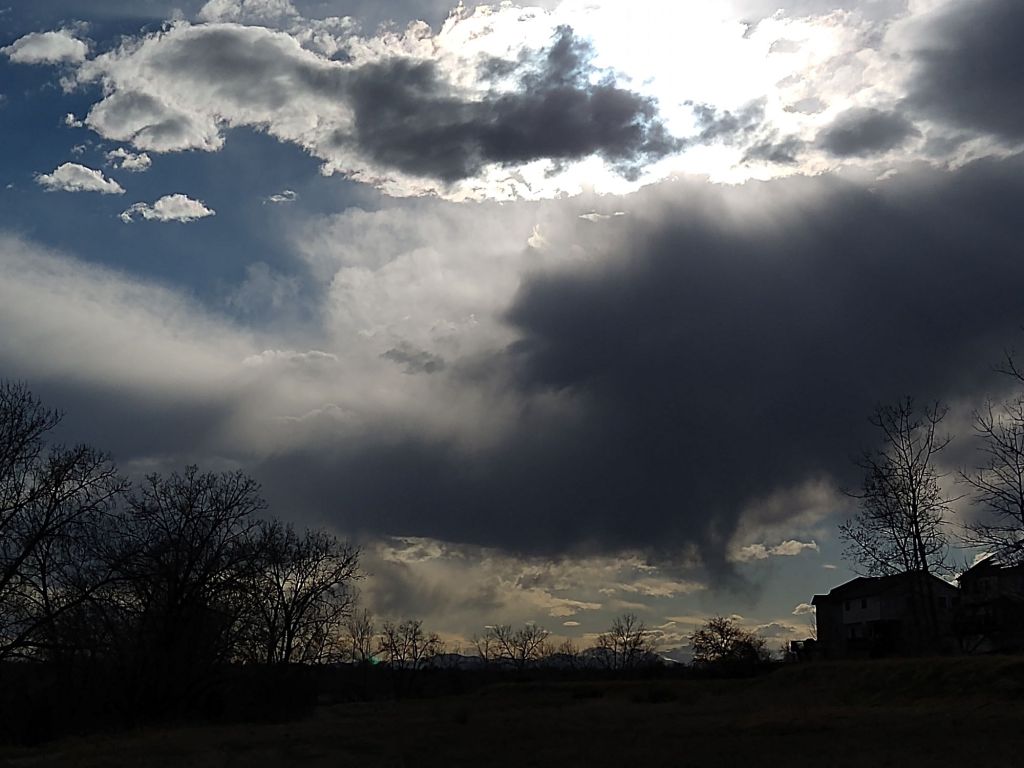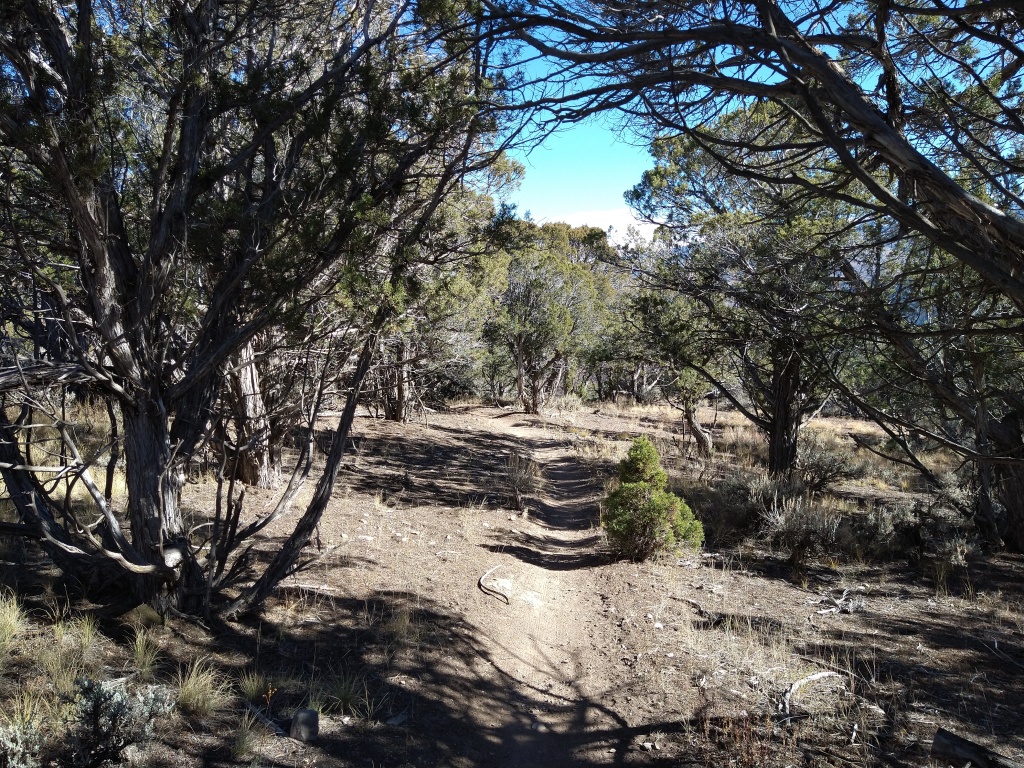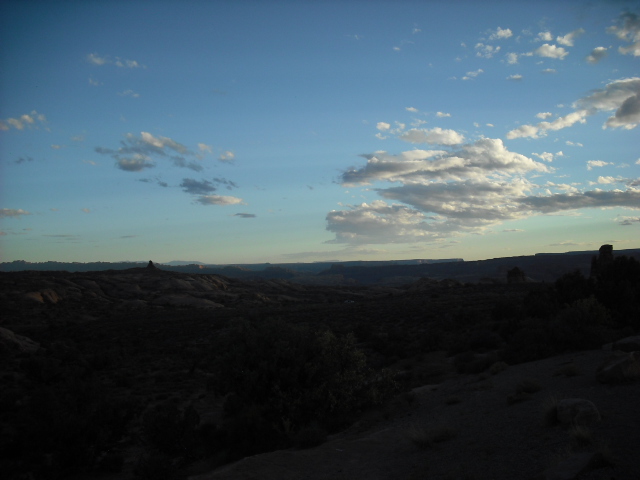Tags
Holy Spirit, Indwelling Spirit, Intimacy, Knowing Jesus, Name of Jesus, Names of God, Nature of God, Salvation, The Name, Truth, Union, Whole Armor of God

Hello Readers! Welcome to Renaissance Woman and to a new installment in my study on the Whole Armor of God.
In his description of the Whole Armor of God in his letter to the Ephesians, the Apostle Paul tells us to “Stand therefore, having girded your waist with truth…” “What is truth?” Pontius Pilate asks as he questions Jesus. Jesus had already answered that question while in the Upper Room with His disciples: “I am the way, the truth, and the life.” Here then, is our answer. The truth is not some abstract thought. It is not a malleable thing subject to shifts in emotions or culture nor is it changeable as knowledge increases. The Truth is a person. He has a name.
There is intense pressure among some to use His proper name. A great number of us have grown up calling Him Jesus. There are others who insist it is only right and proper to use His Hebrew name, Yeshua. We only say “Jesus” as His name has undergone a series of transliterations and pronunciation as the letter “J” came into use therefore it is right and proper to refer to Him as “Yeshua.” After all, that is the name Gabriel gave to Mary so it is His true name.
The Bible does stress the importance of His name. Perhaps some of the best known passages are:
Matthew 18:20: “For where two or three are gathered together in My name, I am there in the midst of them.”
John 20:30-31: “And truly Jesus did many other signs in the presence of His disciples, which are not written in this book; but these are written that you may believe that Jesus is the Christ, the Son of God, and that believing you may have life in His name.”
Acts 4:8-12: “Then Peter, filled with the Holy Spirit, said to them, ‘Rulers of the people and elders of Israel: If we this day are judged for a good deed done to a helpless man, by what means he has been made well, let it be known to you all, and to all the people of Israel, that by the name of Jesus Christ of Nazareth, whom you crucified, whom God raised from the dead, by Him this man stands here before you whole. This is the “stone which was rejected by you builders, which has become the chief cornerstone”. Nor is there salvation in any other, for there is no other name under heaven given among men by which we must be saved.”
Philippians 2:9-11: “Therefore God also has highly exalted Him and given Him the name which is above every name, that at the name of Jesus every knee should bow, of those in heaven, and of those on earth, and of those under the earth, and that every tongue should confess that Jesus Christ is Lord, to the glory of God the Father.”
Truly, just considering these few passages, the Name of Jesus is of utmost importance.
However, I find the proper name for our Lord and Savior to be far more complicated than using a Hebrew, Aramaic, Greek, Anglicized, or any other pronunciation of His name. The Book of Revelation describes Jesus this way: “Now I saw heaven opened, and behold, a white horse. And He who sat on him was called Faithful and True, and in righteousness He judges and makes war. His eyes were like a flame of fire, and on His head were many crowns. He had a name written that no one knew except Himself. He was clothed with a robe dipped in blood, and His name is called The Word of God” (Rev. 19:11-13).
This passage is one I meditate on as I consider the meaning of “name”. Names in the Bible were not labels pasted on people in order to differentiate one from another. Names represented a calling or destiny and it was the meaning that was important and not so much the pronunciation. Consider the lists of Kings in the Old Testament. Joash is also referred to as Jehoash and Azariah is also called Uzziah. Joash means “fire of Yahweh” and Jehoash means “Yahweh has bestowed”. Azariah means “helped by God” while Uzziah means “my strength is Yah”. Reading the stories of these Kings in the Books of Kings and Chronicles shows how apt the meanings of these names are. They were not just names but were descriptions of who these men were and how they lived.
The meaning of both the Hebrew and Greek words translated as “name” reflect this. The Hebrew word is shem (H8034) and, while the Strong’s does define it as “position, appellation, mark or memorial of individuality” it also defines it as “honor, authority, character, fame, named, renown, report.” The Greek word onoma (G3686) has an almost identical definition. The Strong’s defines onoma as “a name, authority, character”. This is an important distinction to grasp because “having a good name” in the Biblical sense does not mean having a name that sounds nice: one’s name was the summation of one’s character.
That the name of Jesus has to mean more than correct pronunciation is made clear by two passages in the New Testament. The first is found in Luke 9:49-50 where: “Now John answered and said, ‘Master, we saw someone casting out demons in Your name, and we forbade him because he does not follow with us’. But Jesus said to him, ‘Do not forbid him for he who is not against us is on our side.’”
The second is found in Acts 19:13-15: “Then some of the itinerant Jewish exorcists took it upon themselves to call the name of the Lord Jesus over those who had evil spirits, saying, ‘We exorcise you by the Jesus whom Paul preaches.’ Also there were seven sons of Sceva, a Jewish chief priest, who did so. And the evil spirit answered and said “Jesus I know, and Paul I know; but who are you?’”
The difference is obvious. The first person was operating in the authority and character of Jesus while those described in the second were using the name of Jesus like a talisman. The name which is above every other name is not a magic word dependent on correct pronunciation. His name describes who He is and what He does. His name means “rescue, deliver, save,” and our salvation is found in His person. It is the honor, authority, character, and renown of the One who bears that name which bows every knee and elicits the confession “Jesus Christ is Lord!” to the Glory of God the Father.
The Strong’s Concordance says something interesting in the entry for onoma. The entry states the word is from a presumed derivative of the base of 1097. The Greek word found under the number 1097 is ginosko which we’ve already looked at in previous posts. It means “to know absolutely”, “to know by experience.” It’s been said in previous posts but it must be said again: ginosko is the verb form of the noun gnosis and The Bible Hub definition of gnosis includes “Gnosis (applied-knowledge) is only as accurate (reliable) as the relationship it derives from.”
It is knowing Him that is of paramount importance. We know the Truth and the Truth makes us free. We are free to not be afraid of mispronouncing His name. We are free to call Him by other names as the need arises: Faithful and True, Word of God, Healer, Savior, Brother, Friend. We are free to have such union and intimacy with Him that the words spoken by our God through the prophet Hosea are made our reality: ““’And it shall be, in that day,’ Says the Lord, ‘That you will call Me “My Husband” and no longer call Me “My Master” (Hos. 2:16).
Our union with the Lord Jesus Christ is so intimate we are called His Bride. The vitality of this relationship is what is important. The Apostle Paul writes to Timothy: “But avoid foolish and ignorant disputes, knowing that they generate strife” (2 Tim. 2:23). I see a trend of argumentation among Believers. If we can win the argument, prove that we are right and the other person wrong, then we have proved that we know the truth. But, the truth is not the result of an argument: the truth is a person and His Name is called Wonderful, Counselor, Mighty God, Everlasting Father, Prince of Peace, Emmanuel-God with us. English being my native language, I call Him Jesus.
Unless noted otherwise, all Scriptures are quoted from The Holy Bible, New King James Version, Thomas Nelson Publishers, Nashville, Tennessee, 1982
Just for fun: this link has a chart showing how the name of our Lord and Savior is pronounced in different languages:
References
Those Confusing Kings – Reflections (kencarlson.org)
Strong’s Greek: 1108. γνῶσις (gnósis) — a knowing, knowledge (biblehub.com)
Strong, James, LL.D., S.T.D., The New Strong’s Exhaustive Concordance of the Bible, Thomas Nelson Publishers, Nashville, Tennessee, 1990






You must be logged in to post a comment.